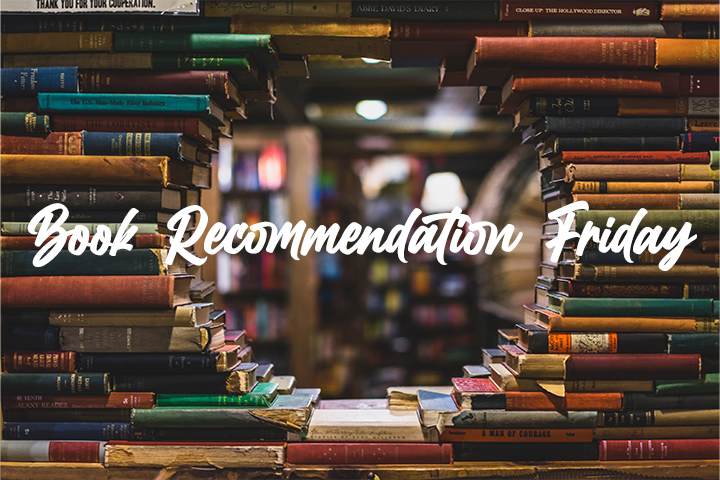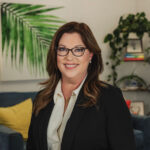I think I should rename this regular Friday post: Memoir Recommendation Friday.
Here’s another one: More Myself: A Journey, by Alicia Keys.
Singer and songwriter Alicia Keys takes us through her life from childhood until now, but it’s not the story we know from her public life.
Part autobiography and part biography, More Myself is told through not just her voice, but also through a diverse group of people close to her — her mother, her long-estranged biological father, teachers, an ex-boyfriend, mentors and music executives, Bono, Jay-Z, activists, coworkers, and her husband, Swizz Beatz.
The result is a 360 degree portrait of a girl born in Hell’s Kitchen, discovering her talent at a very young age, giving herself over to music, rising to success, but navigating the difficult and private journey all women and men must take to live authentically.
Keys’ public persona — a tough, sweet, tomboyish, soaringly talented composer and singer who writes anthems of female empowerment — belied the parallel story of a woman prone to people-pleasing, staggering under the armor of perfectionism, and for a long time, estranged from her true voice, and from knowing her true worth.
Alicia’s interview was the April 7 episode of Brené Brown’s new podcast, Unlocking Us, and I loved Brené’s synopsis of the book:

“I thought I was gonna read this and know more about you. What I didn’t know was that I was gonna read this and know more about me. This is a master class in courage and vulnerability.
“From the time you were little, you walked us through your armoring up process. I watched you assemble that armor around your heart, around your life. And then I watched it weigh you down, and then I watched you take it off. And to bear witness to that, in a book, was remarkable.”
More Myself is remarkable as a mirror and as a guide. There are so many take-aways. Too many to enumerate, but I’ll hold one scene up. Keys reached a breaking point in her super stardom life in 2006, and left for a trip alone to Egypt, to recover, planning to spend time just with her music. Instead, she found herself on a boat, floating down the Nile, with full on laryngitis, completely unable to do anything but listen.
“Most of us take about sixteen breaths per minute. That means we typically breathe 960 times an hour, or around 23,000 times a day. During my 2 glorious weeks of silence, I had more than 322,000 opportunities to breathe my way into a new existence. One exhale at a time, I let go of the urge to twist myself into a pretzel, trying to live up to others’ expectations. I let go of the belief that, if I stepped away, nothing would be there when I returned. And in place of that notion, I inhaled liberation. I inhaled the boundlessness and brilliance that once guided the Egyptians in crafting monuments of greatness.
That’s what fourteen days of solitude can bring: space to breathe. Time to reflect. A chance to reimagine what your life can look like.”
We’re in our own time of solitude, of separation, of listening, of breathing, of stepping away from what we once took for granted and felt inevitable.
I wonder what really is inevitable. I wonder what you’re breathing in, what you are unwinding from. I wonder what liberation, brilliance, greatness we can envision to take its place. I wonder what new lives we collectively and individually will create, on the other side of C-19.
Keep listening, and dreaming a new world.

Be well, wash your hands, and stay connected!
Lisa


